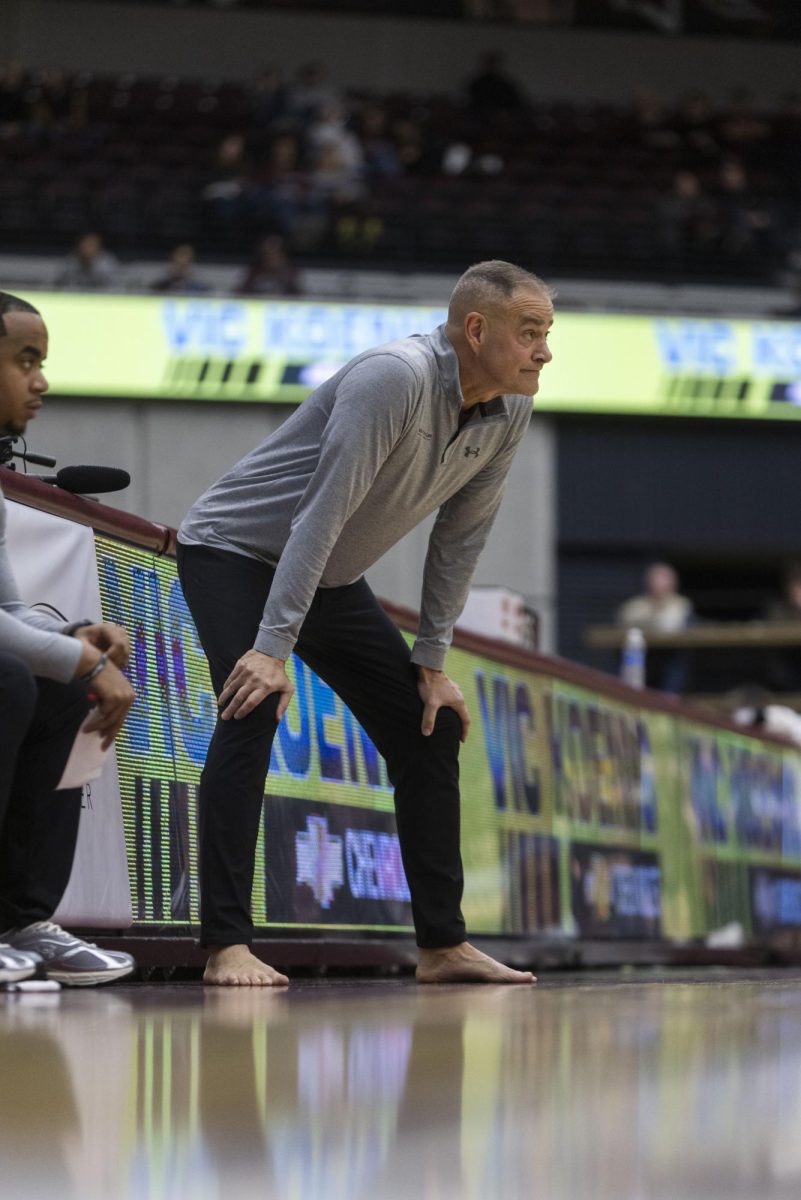Survey shows Illinois schools could survive five months without state funding
June 2, 2016
Schools in Illinois, on average, could stay open for five months without state funding, a recent survey by the Illinois Association of School Administrators found.
The possibility of schools shuttering continued to linger after state lawmakers on Tuesday evening, in the final hours of the spring legislative session, failed to reach a deal on a K-12 education-spending bill.
A couple of hours after the Senate approved a stand-alone K-12 education bill, the same bill was defeated in the House, 24-92, shortly before midnight Tuesday.
Advertisement
Lawmakers are expected to meet throughout the summer to continue budget talks, but it will require three-fifths majority votes to approve anything, instead of the simple majority needed before Tuesday’s deadline.
In anticipation of no deal being reached, Mike Chamness, IASA’s director of communications, said the organization asked superintendents in May if their schools could open, and for how long, without a state funding agreement.
All respondents to the survey said they could open, but the length varied, with some superintendents indicating they could only make it two to three months and others longer before the coffers were empty, he said.
Even though they could open, Chamness emphasized the consequences would still be devastating.
“If you spend all your reserves to stay open for five months, those reserves would not be replenished and at that point in time you would have no safety net whatsoever,” he said.
On Wednesday, several local superintendents and education advocates said they remain hopeful a deal could be reached soon.
If not, Springfield Superintendent Jennifer Gill and Auburn Superintendent Darren Root each said they could keep the doors open in their districts for several months through reserves and local property tax revenue.
Advertisement*
They would then have the option to extend that time by selling working cash bonds, each superintendent said.
But not all school districts are in that position, Root pointed out.
A variety of factors would play a role in how long a district could stay open, including when property tax revenues arrive, how much the district relies on state aid, how much debt can it leverage, and how much reserve money the district has, he said.
“The uncertainty keeps everyone up at night,” Root said.
The education-funding plan approved by the Senate would have increased elementary and secondary education statewide by $900 million, with $475 million more going to Chicago Public Schools.
Republicans argued that the state cannot afford such a large increase in education funding in one year. They also said the bill amounted to a bailout of the Chicago school system because most of the new money would go to that district.
Lawmakers this spring also failed to act on other proposals that would have changed the state’s education-funding model. Many of the plans tried to send more state money to less wealthy school districts. None of the proposals gained bi-partisan support because more wealthy districts might see their state funding cut back.
Root said Wednesday he believes redistributing the funding without adding additional revenue wouldn’t have solved the problem.
“All superintendents are running around looking at the bottom line saying what are you going to get, and what am I getting,” Root said. “The bigger picture is not being addressed.”
Meanwhile, Gill said Wednesday efforts to finalize next year’s budget for District 186 has to be put on hold because there is so much uncertainty.
“The whole situation is frustrating,” Gill said. “We need to have school for our kids and get this figured out.”
(c)2016 The State Journal-Register, Springfield, Ill.
Visit The State Journal-Register, Springfield, Ill. at www.sj-r.com
Distributed by Tribune Content Agency, LLC.
Advertisement








